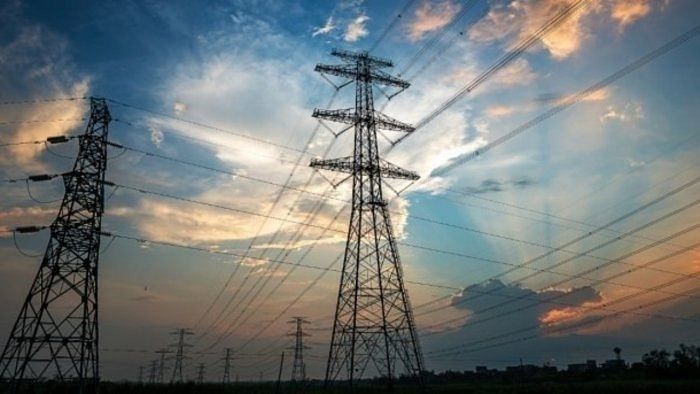
Electricity users who are accustomed to the annual hike in tariff, regular power interruptions, poor quality of power supply and unresponsive consumer grievance redressal machinery can now hope for some improvement. The Karnataka Electricity Regulatory Commission (KERC) has proposed a slew of reforms by way of giving several rights to consumers, such as 24X7 power supply, power supply connection within seven days, and automatic compensation for failure to provide good service by electricity supply companies (ESCOMs), etc. The draft regulations were issued by the KERC almost a year after the Ministry of Power, Government of India issued these rules.
As per the regulations, consumers need not wait in order to get power connection to their premises as ESCOMs are required to provide the power supply within seven days of submitting the application in metro cities, within 15 days in other municipal areas and 30 days in rural areas. Applications can be made online. Of course, separate timelines apply where new sub-stations are to be commissioned and extend distribution mains. If the ESCOMs fail to adhere to these timelines, consumers become eligible for a compensation of Rs 1,000 for each day of default.
The rules list out 17 types of services and the number of days within which the ESCOMs have to render these services. The earlier Standards of Performance (SoP) have been revised. In case of ESCOMS' failure to adhere to these standards, consumers are to be compensated.
For instance, normal fuse off is to be rectified within six hours in cities and towns and meter complaints are to be attended within seven days. If not, the affected consumers are eligible for a compensation of Rs 200 for each default.
Though the SoP was in place since 2003, due to the lack of information and awareness among consumers, very few have claimed the compensation. Besides, the earlier rules required consumers to prove that it was the ESCOM's default.
Under the new rules, ESCOMs are required to monitor their failures and pay the amount automatically by way of adjustment in bills. ESCOMs are required to develop a suitable mechanism for this purpose. ESCOMs will have to create an online facility for consumers to register their complaints about violation of SoP. Only those services that can be monitored remotely are considered for automatic compensation. For other service failures, a consumer has to apply.
Provision has been made in the rules to make the SoP transparent. ESCOMs are required to submit details of SoP, including the amount of compensation paid to consumers, every month to the KERC. The KERC may publish the details once in a year. In the era of Right to Information, the information could be put on the respective websites every month.
The KERC has asked the ESCOMs to publish the guaranteed SoP along with compensation structure, information on procedures for filing of complaints in the electricity bills issued for the month of January and July. If this information cannot be included on the flipside of the bill, ESCOMs have to publish it on a separate handout and distribute it to consumers with the bill. Right now, can any consumer decipher the information published on the flipside of the bill?
The present grievance handling system will continue. However, the rules require the ESCOMs to prepare a manual of procedure for providing common services and handling consumer grievances and made available to consumers at every ESCOM office and downloadable from its website. It would be better if the ESCOMs provide a copy (hard or soft) to the consumers along with the power supply sanctioning letter. ESCOMs are required to disseminate information relevant to consumers in the media.
However, the draft rules fall short when compared to the rules framed by the Ministry of Power. For instance, the definition of ‘applicant’ and ‘consumer’ is missing. The MoP rules have detailed provisions for metering, billing and payment, methods of payment of bills and disconnection and reconnection.
These issues are covered in the Supply Code of KERC, yet many consumers are not aware of them. Since these are of interest to a consumer, they are to be included in the Consumer Rights Rules. The KERC rules do not mention anything about ‘consumer as prosumer’, a concept relating to Renewable Energy (RE). The MoP rule states that prosumers will have the same rights as the general consumers.
Most of the provisions of the draft rules already exist in various regulations under the Electricity Act 2003. The success of modified rules depends on the extent to which ESCOMs publicise to these provisions.
In a recent survey on electricity bills by the Consumer Rights Education and Awareness Trust (CREAT) and Karnataka Electricity Governance Network, 90% of respondents were not aware of CGRF regulations or SoP regulations. Of the 350 respondents, only 12% identified KERC as the tariff-setting authority. Hope the present rule does not go that way.
(The writer is Founder, Consumer Rights Education and Awareness Trust)